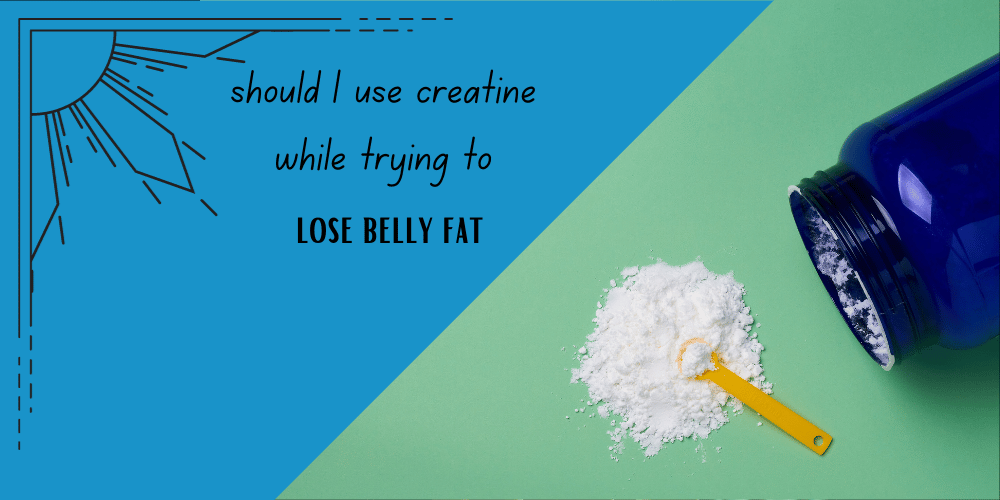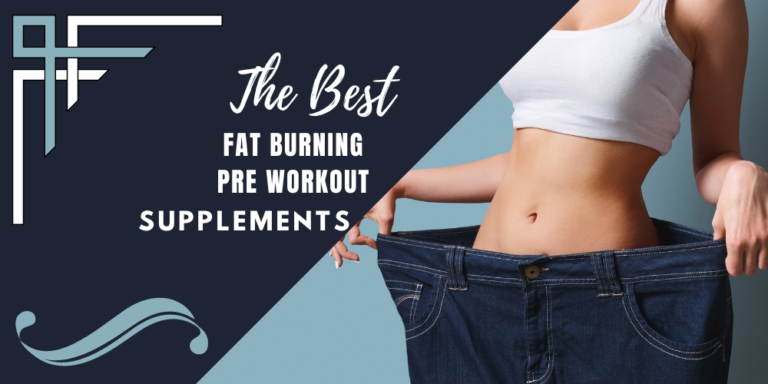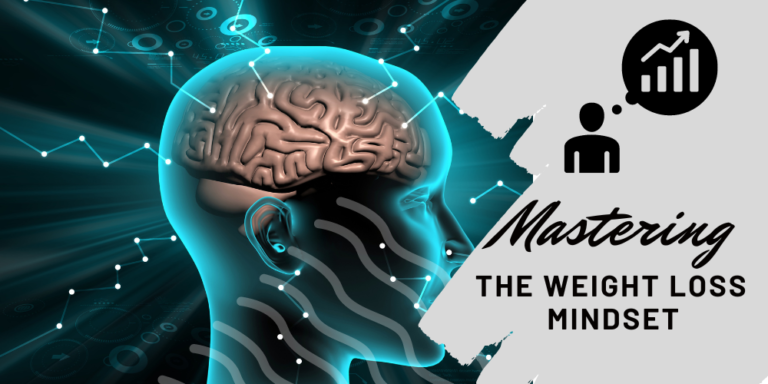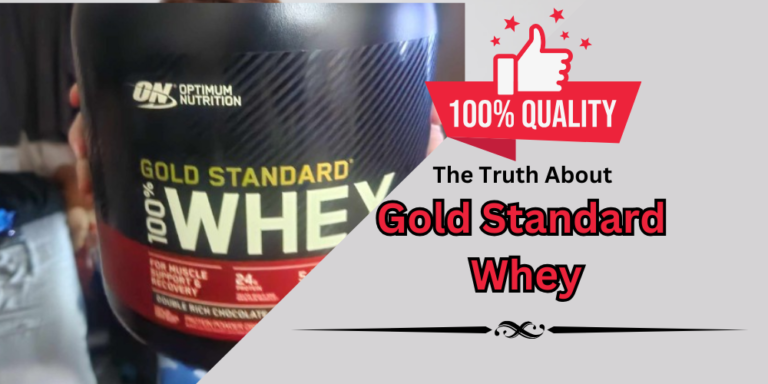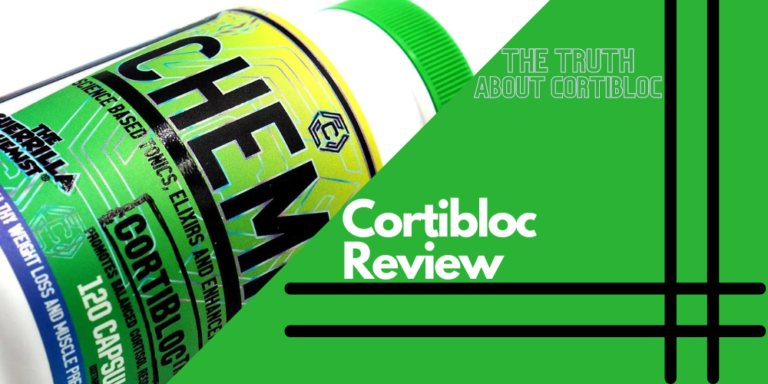Should I Take Creatine While Trying to Lose Belly Fat? – The Truth!
Creatine has been a popular supplement in the fitness world for decades, but “should I take creatine while trying to lose belly fat?” is the question. In this article, we will discuss the science behind creatine, explore its potential pros and cons, and provide tips for using creatine to get the best results in belly fat reduction.
Creatine is a popular supplement among athletes and bodybuilders to support muscle growth, increase strength & power, and improve recovery.
Supplementation can potentially lead to an increase in lean mass & boost metabolism which may contribute to fat loss.
Combining creatine with a balanced diet and exercise is key for best results.
Understanding Creatine
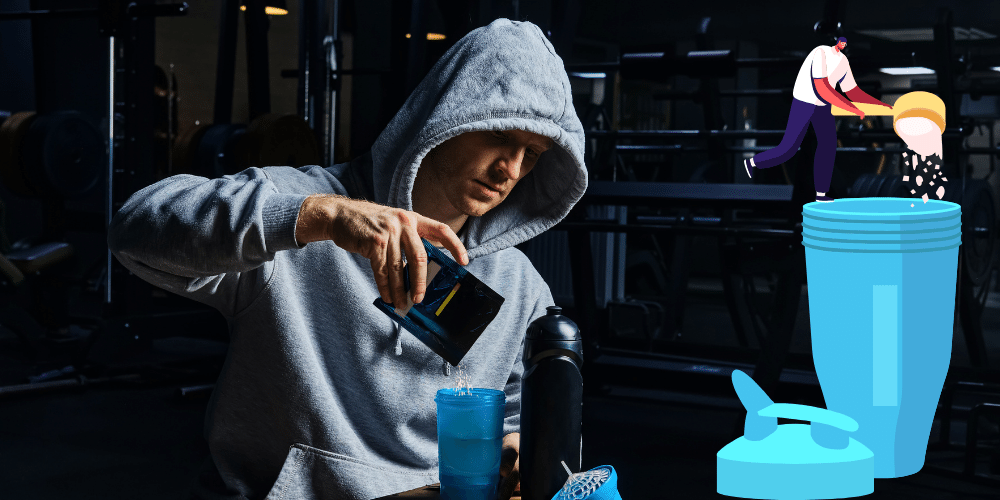
Creatine, including creatine ethyl ester, is a naturally occurring compound made of amino acids that play a crucial role in energy production in muscles. As a popular supplement among bodybuilders and athletes, it supports muscle growth and exercise performance without directly burning belly fat. But as we know the more muscle you have the more fat you burn, even at rest.
Our body’s ability to synthesize and store creatine is limited. To increase levels and enhance muscle growth and exercise performance, creatine supplementation is beneficial. Among various forms, creatine monohydrate is the most popular due to its higher absorption rate and bioavailability.
How Creatine Functions
When you consume creatine, it is metabolized into phosphocreatine and stored in the muscles. Phosphocreatine serves as a rapid energy source during high-intensity activities like weightlifting and sprinting, indirectly helping you lose weight by improving exercise performance.
Creatine’s benefits include:
Replenishing ATP to increase energy during workouts
Better muscle growth and recovery
Boosting metabolism, resulting in increased fat burning and weight loss
While its impact on metabolism isn’t substantial enough to directly reduce belly fat, studies have shown that creatine can contribute to overall weight loss.
Sources of Creatine
While creatine can be found in dietary sources like red meat, seafood, and certain organs, taking creatine supplements is often used to achieve higher levels for fitness purposes. Consuming creatine supplements can provide benefits such as increased muscle mass, increased strength and power, and improved recovery.
Although creatine doesn’t directly help fat loss, its support for muscle growth and exercise performance can contribute to an overall reduction in fat.
Creatine’s Impact on Muscle Growth and Recovery

Through ATP replenishment and provision of extra energy during workouts, creatine supplementation can boost muscle mass, strength, and recovery after intense exercise.
When combined with resistance training, creatine supplementation has been shown to improve exercise performance, enabling greater intensity and duration of training sessions.
Building Lean Muscle Mass
Creatine helps build lean muscle mass by:
Increasing intramuscular phosphocreatine levels
Leading to greater strength gains
Improving muscles’ ability to sustain higher loads and training volumes.
During a cutting phase, creatine supplementation has the potential to increase strength and facilitate recovery, preserving muscle mass and helping sustain a higher metabolic rate.
Accelerating Muscle Recovery
Creatine supports muscle recovery by providing additional energy and protecting muscles during calorie deficit and intense workouts. While it doesn’t directly help you lose weight, it can support muscle growth and exercise performance, which can contribute to weight loss.
Nevertheless, the best outcomes can be achieved by using creatine in tandem with a well-balanced diet and regular exercise.
The Connection Between Creatine and Weight Loss

Although creatine may not directly burn fat, its ability to increase lean mass and boost metabolism makes it beneficial for weight loss, especially when combined with resistance training.
Research shows that creatine may be a potential benefit to fat loss, with some studies indicating a slight reduction in fat mass compared to those on a placebo.
Creatine’s Effect on Metabolism
While creatine can mildly increase metabolic by increased water content in the muscles, its effect is not substantial enough to significantly influence belly fat loss.
Despite not directly increasing metabolism, creatine has been found to improve glucose control when combined with aerobic activity.
Research Findings on Creatine and Fat Loss
Research shows that creatine may slightly decrease body fat percentage, but it is not a magic pill for belly fat loss. Consuming oral creatine supplementation while cutting calories may result in an increase in muscle mass, as well as a notable increase in power and strength.
On the downside, creatine might induce weight gain as a result of water retention in the muscles.
Benefits and Drawbacks of Using Creatine for Belly Fat Loss

Creatine supplements can improve muscle recovery and workout performance but may cause water retention and potential side effects like bloating and stomach aches.
The weight gain caused by creatine can sometimes be misunderstood as fat gain when it’s actually caused by water retention in the muscles.
Advantages of Creatine Supplementation
Benefits of creatine include:
- improved muscle recovery
- improved strength
- increased workout performance
- potentially greater fat loss
When combined with a balanced diet and exercise, the combination can help to maximize the effects of creatine supplementation and lead to optimal outcomes in terms of reducing belly fat.
Possible Disadvantages
Drawbacks of creatine include:
- water retention
- temporary weight gain
- potential side effects like bloating and stomach discomfort.
While creatine doesn’t directly reduce abdominal fat or body weight, its enhancement of exercise performance could potentially facilitate weight loss.
How to Use Creatine for Best Results in Belly Fat Reduction

To achieve the best results in belly fat reduction and improve body composition, take the recommended creatine dosages, consume it post-workout, and complement it with a balanced diet and regular exercise.
Supplementing a balanced diet and exercise regimen with creatine can potentially lead to increases in muscle mass, strength and power, as well as reductions in body fat.
Recommended Dosage and Timing
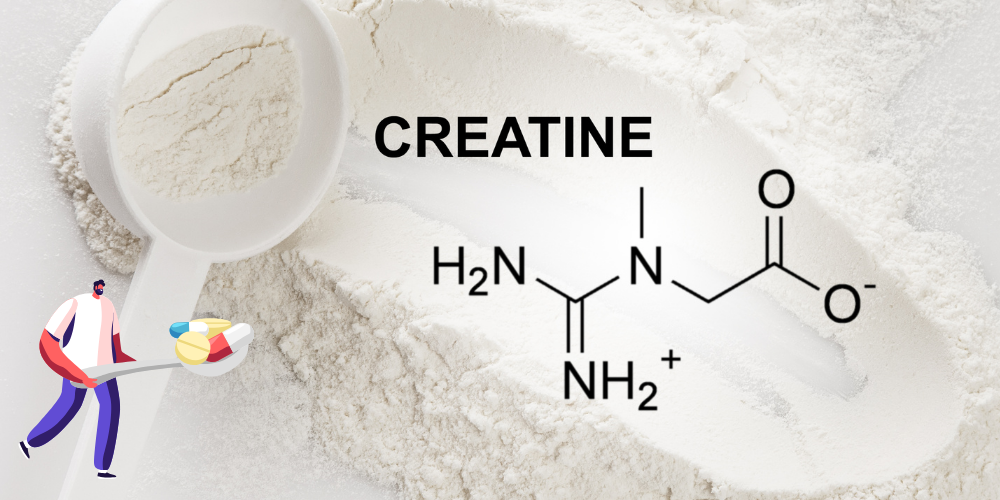
Start with 20g/day of creatine for 5-7 days, then switch to 3-5g/day for maintenance.
Creatine yields optimal results when taken post-workout. Ensuring adequate hydration and sticking to the recommended dosage instructions is vital.
Combining Creatine with a Balanced Diet and Exercise
Creatine can’t reduce belly fat on its own; to burn belly fat, it needs to be paired with a balanced diet and regular exercise for noticeable results, especially when dealing with too much belly fat.
Eating a nutritious diet and engaging in regular physical activity, such as weight training, cardio, and HIIT, will help to ensure that the body is receiving the necessary nutrients to build muscle, lose fat, and increase muscle mass, ultimately leading to gain weight in a healthy manner.
Safety Considerations and Side Effects

While generally safe in recommended doses, creatine can still cause some side effects, including stomach upset, dehydration, and muscle cramps.
To minimize risks, it is imperative to follow recommended dosages and choose a tested brand.
Common Side Effects
Common side effects of creatine include water retention, bloating, diarrhea, and stomach discomfort.
Kidney or liver problems associated with creatine use are rare.
Tips for Safe Creatine Use
For safe usage of creatine, follow the recommended dosages, opt for a tested brand, and keep an eye on your progress.
Adhere to safety guidelines and be aware of potential side effects to minimize risks and maximize the benefits of creatine supplementation.
Summary
In conclusion, while creatine may not directly burn belly fat, it can play a significant role in enhancing muscle growth, recovery, and workout performance. By combining creatine supplementation with a balanced diet and exercise regimen, you can optimize your results in reducing belly fat and achieving a healthier, more toned physique.
Frequently Asked Questions
Should I take creatine if I’m trying to lose fat?
Creatine can help protect muscle from damage while cutting, and research has found that it helps direct your body to burn fat for energy instead of muscle mass. Therefore, taking creatine during your cutting cycle could be beneficial in helping you to achieve your desired fat-loss goals.
What creatine is best for losing belly fat?
The best creatine for losing belly fat is one that promotes muscle growth and fat loss. Creatine can be an effective way to burn calories and gain muscle definition.
What are the common side effects of creatine supplementation?
Common side effects of creatine supplementation include water retention, bloating, diarrhea, and stomach discomfort.
How much creatine should I take daily for optimal results?
For optimal results, start with 20g of creatine daily for 5-7 days, then switch to 3-5g/day for maintenance.
When is the best time to take creatine?
For best results, creatine should be taken immediately after a workout.

